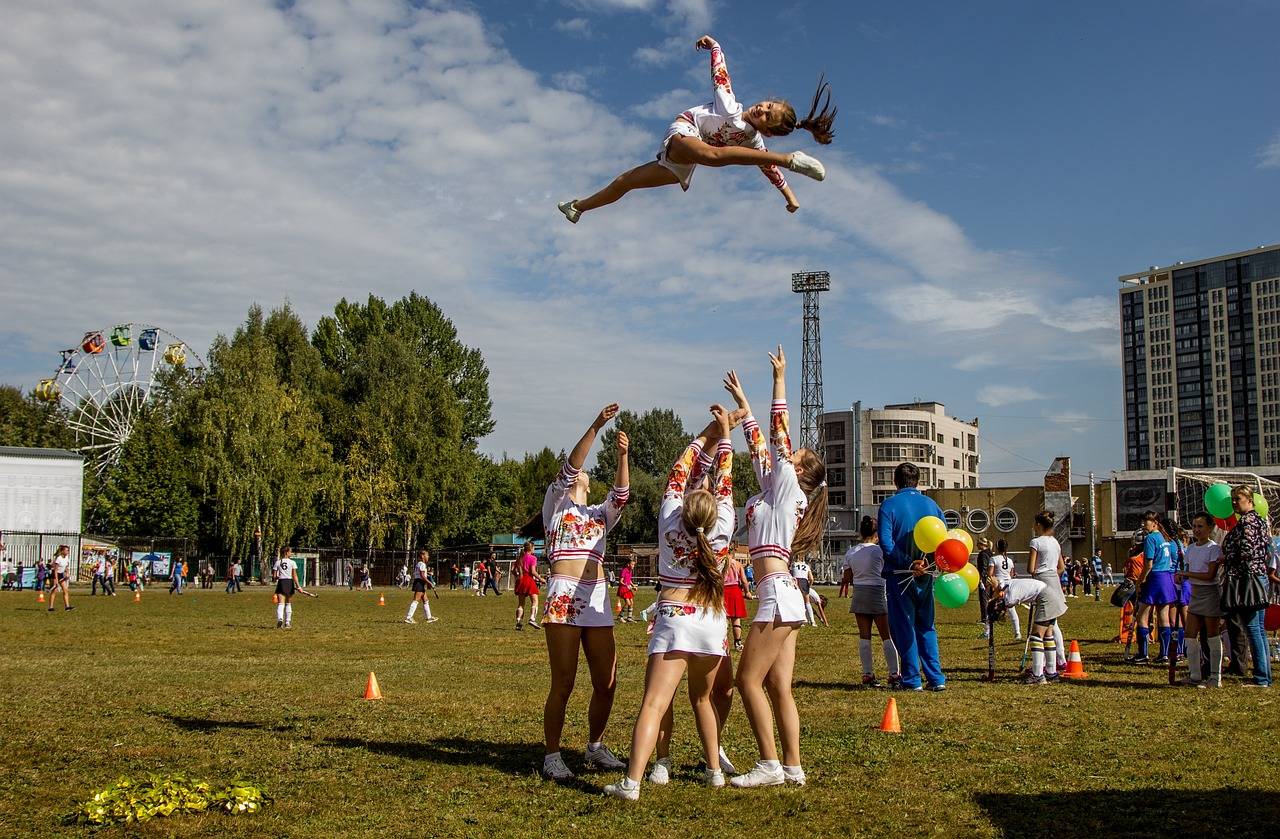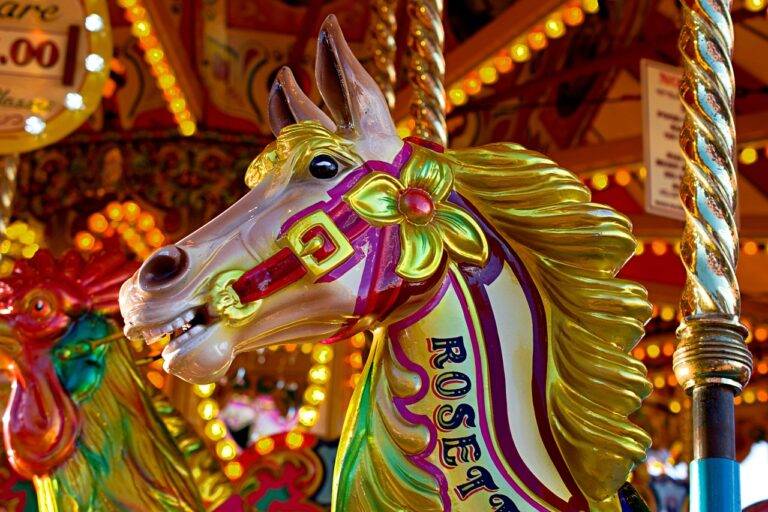The Role of Diversity in Award Shows: Representation and Recognition in the Entertainment Industry
Award shows have long been criticized for their lack of diversity, particularly in the acknowledgment and celebration of talent from underrepresented communities. The issue of inclusivity extends beyond just the nominees and winners, encompassing the entire spectrum of industry professionals working behind the scenes. Despite some attempts at increasing representation in recent years, there remains a significant disparity in the recognition of diverse voices and perspectives.
Many argue that the root of this problem lies in the historic and systemic inequalities present within the entertainment industry. From limited opportunities for minority creators to unconscious biases in the selection process, the barriers to achieving true diversity in award shows are multifaceted and deeply ingrained in the industry’s culture. Without addressing these underlying issues and actively working towards a more inclusive and equitable system, the lack of diversity in award shows is likely to persist as a prominent and pressing issue.
Historical Context of Representation in Entertainment Industry
Minorities have historically faced significant challenges in gaining equal representation in the entertainment industry. For decades, mainstream media has predominantly showcased stories and characters that align with white, heterosexual norms, sidelining diverse voices and experiences. This lack of representation not only perpetuates harmful stereotypes but also limits the potential for authentic storytelling that reflects the true diversity of society.
The underrepresentation of minorities in the entertainment industry can be traced back to systemic biases and discrimination that have long marginalized marginalized marginalized marginalized marginalized marginalized marginalized marginalized marginalized marginalized marginalized marginalized marginalized marginalized marginalized marginalized marginalized marginalized marginalized marginalized marginalized marginalized marginalized marginalized marginalized marginalized relegated marginalized marginalized marginalized marginalized marginalized marginalized marginalized marginalized marginalized marginalized marginalized marginalized marginalized marginalized marginalized marginalized marginalized marginalized marginalized marginalized marginalized marginalized marginalized marginalized marginalized marginalized marginalized marginalized marginalized marginalized marginalized marginalized minority talents to the sidelines. This historical context sheds light on the importance of advocating for more inclusive and diverse representation in the entertainment industry to ensure that all voices are heard and celebrated.
Why is there a lack of diversity in award shows?
The lack of diversity in award shows can be attributed to historical biases and systemic discrimination within the entertainment industry.
How has representation in the entertainment industry evolved over time?
Representation in the entertainment industry has slowly improved over time, but there are still significant gaps in diversity and inclusion.
What are some examples of historical context affecting representation in the entertainment industry?
Examples of historical context affecting representation in the entertainment industry include blackface performances, whitewashing of roles, and limited opportunities for minority actors.
What can be done to increase diversity in the entertainment industry?
Increasing diversity in the entertainment industry requires a concerted effort from industry leaders, casting directors, and filmmakers to provide more opportunities for marginalized communities.





